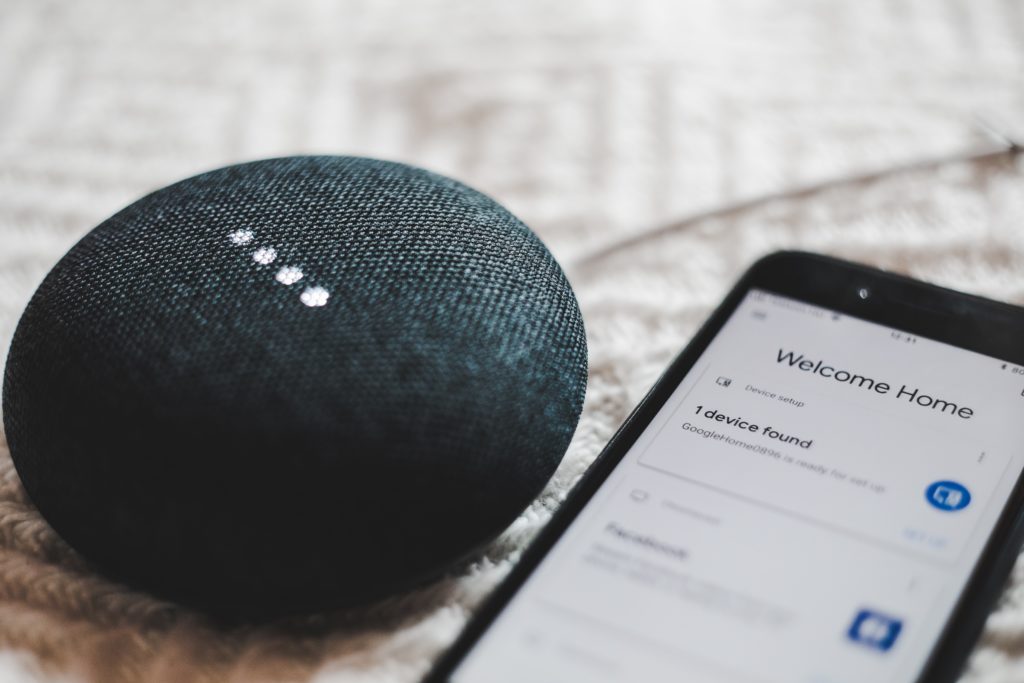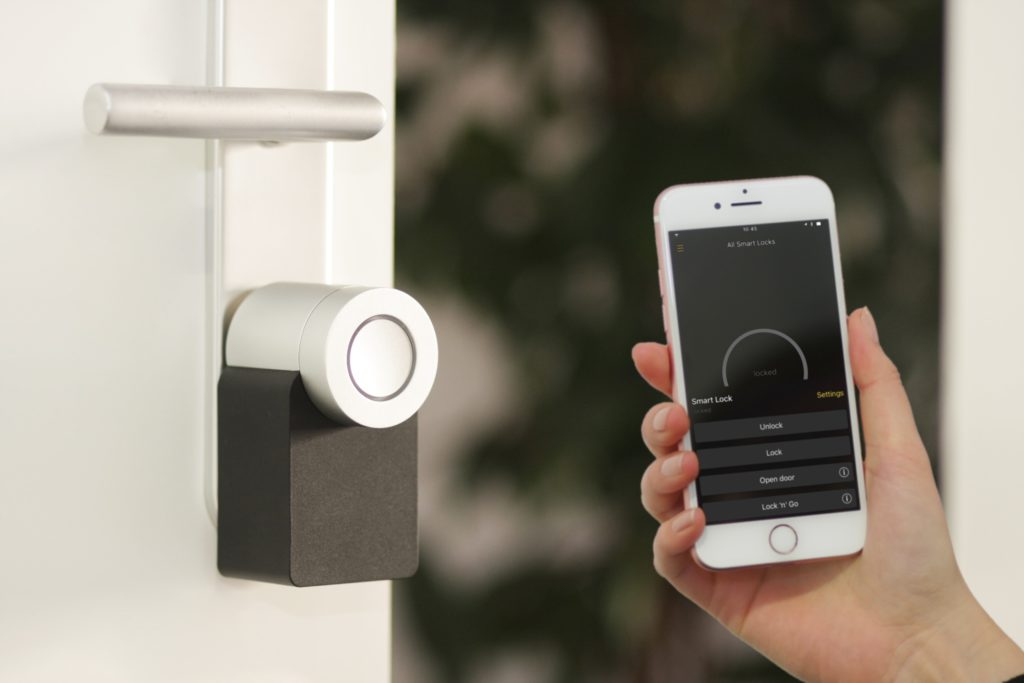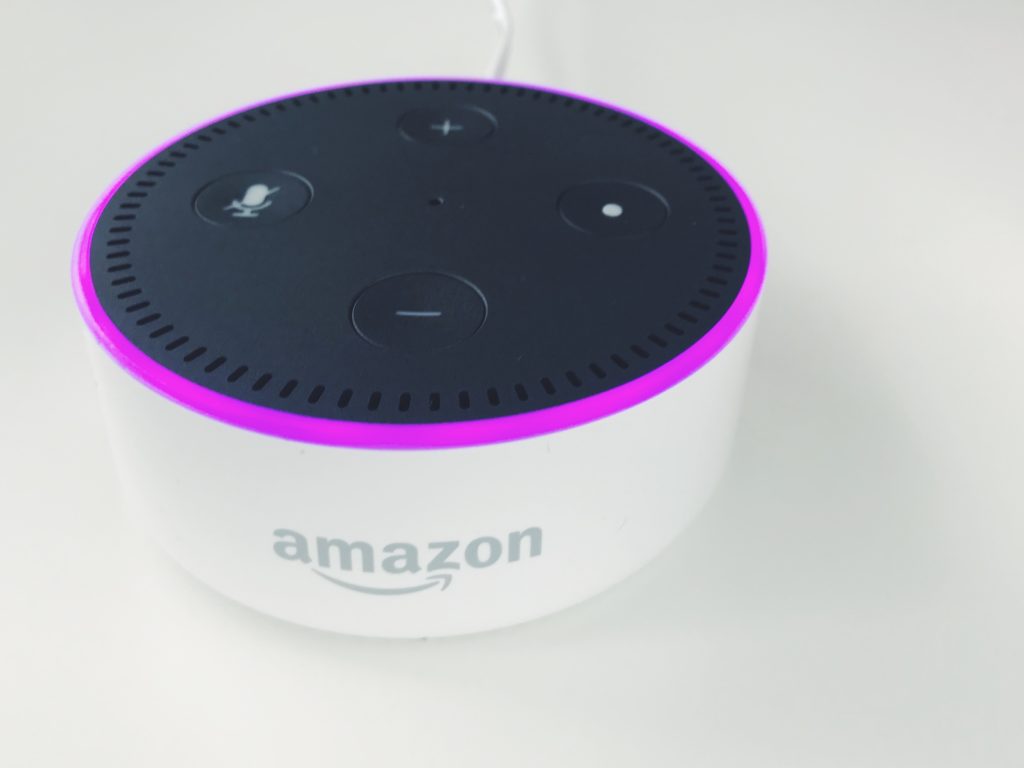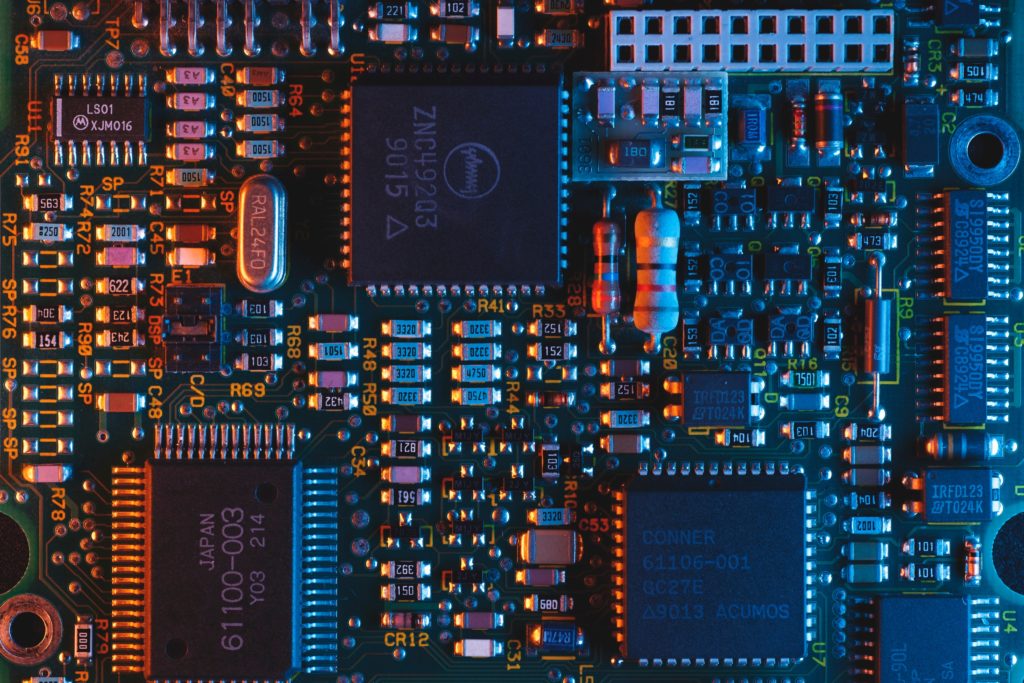Smart Home Devices and Insurance – How Loss Prevention and Risk Analysis Come Together
From Amazon’s Echo to Samsung’s smart refrigerators, smart home components are everywhere, and these technological marvels are allowing consumers to gain more control than ever over their home environment. Considering this anticipated increase in adoption, insurers need to take a closer look at how this technology affects their business and claims processes.
Why Smart Technology Matters to Insurers
Smart home components and Internet of Things (IoT) tools affect the insurance industry in two basic ways. The first is by helping to make properties safer. For example, a window sensor or doorbell camera may enhance home security, as shown in Ring’s doorbell camera commercials that feature package-stealing thieves getting caught in the act on video.
The second way is through data. IoT systems not only enable smart technology, but they also provide a means for insurers to gather critical information. These smart home programs allow for insurers to receive data related to their sensors and features, such as: Is the door locked most of the day? What type of protection is in place on the home to detect a fire or smoke event?
Smart home components and IoT tools create opportunities as well as a few risks for insurers, and both are changing the shape of insurance claims.
What This Means for Claims
One of the chief advantages smart home devices provide for insurers is controlling losses. For example, a smart home sensor located in the basement of a home can quickly detect a water leak. This means the homeowner can react more quickly, potentially reducing the extent of the loss. Due to the high number of water damage claims filed daily in the U.S., such sensors can be one of the most valuable assets to the insurance industry.
Some companies are already recognizing the benefits of teaming up in this area, as with the partnership announced between Travelers and Amazon. According to Consumer Reports, the insurance carrier’s customers can now obtain a discount when they buy and install one of three discounted smart home device kits. The kits include key components necessary for improving safety, such as an Echo Dot, a Wyze security camera, and a Samsung SmartThings leak sensor. The kit also includes a Ring Video Doorbell and motion sensors to spot activity around the home long before it reaches the front door. As a result, Travelers may see reduced claims in these areas.
Because of these advantages, there’s a real opportunity for insurers to work within the smart home market to encourage customer adoption of helpful products. This can happen through offering policy discounts or discounts on the smart home tech consumers already want, according to TechTarget.com. Offering such discounts creates an opportunity to build the insurer’s brand presence and value for both existing and potential customers.
Risks Smart Devices May Pose
The other side of the coin is that smart devices are more expensive and can be more fragile than their traditional counterparts, because they contain additional, intricate control boards and sensors that may be susceptible to damage. While smart appliances provide added convenience to a homeowner, they can lead to expensive claims following damage to the home from lightning or another electrical event. What’s more, the added smart technology itself can shorten an appliance’s lifespan. And because most of this technology is so new, the average lifespans of these devices are still unknown.
Another concern increasingly reported is the risk of cyberhacking. Smart home systems connect to the internet directly, putting the consumer at risk for theft of personal information. Additionally, smart speakers such as Amazon Alexa and Google Assistant are in continuous-listening mode so they can pick up commands from users. Could someone tap into the device and eavesdrop on what’s happening at a home? Could someone access a smart camera and monitor? The same features that add value and convenience may put these systems at risk from hackers and compromise the homeowner’s personal data.
We Have the Solution You Need
Due to the complex nature and high cost of smart home devices, insurance adjusters need to make sure they are settling related claims accurately. This is where the reliable electronic claims investigators at StrikeCheck come in. We can help determine what caused the damage, its value, and how to return the insured to pre-loss condition. Want to make claims decisions involving smart devices with clarity and precision? Submit your new assignment here.




